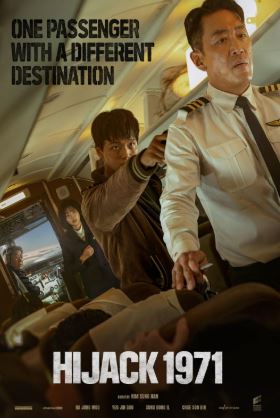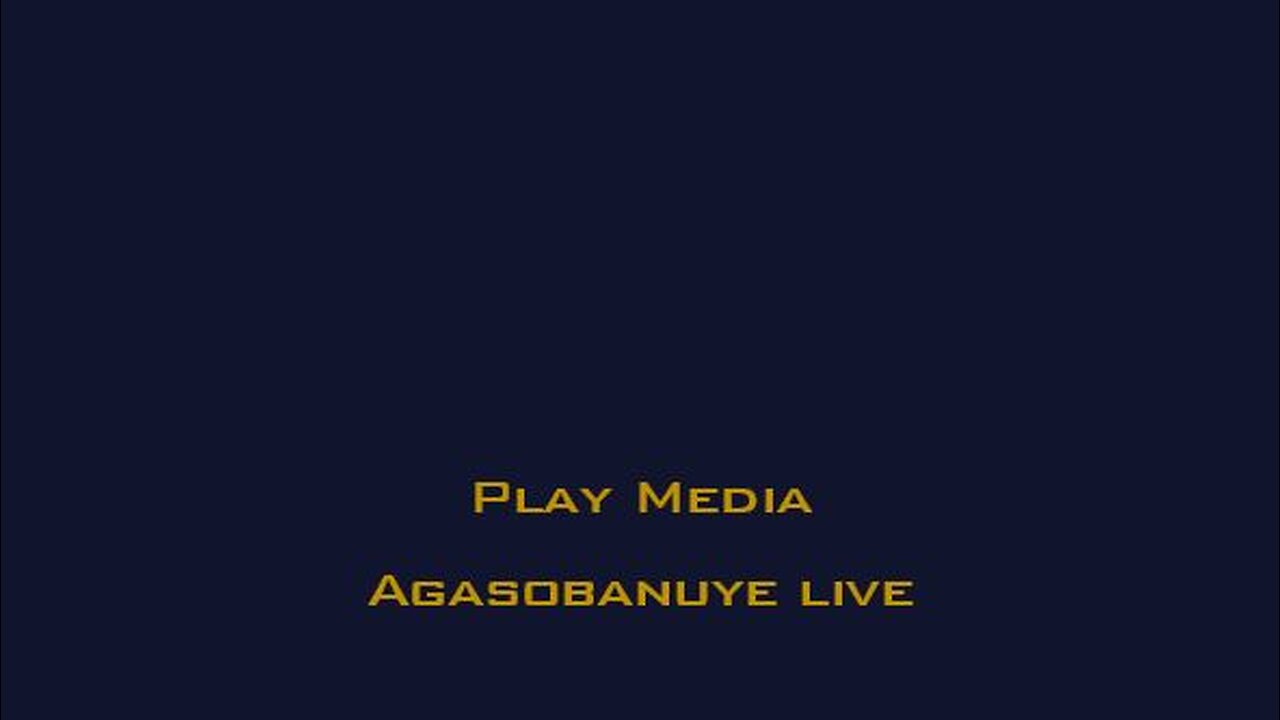Hijack 1971 is a tense, high stakes depiction of strength and ethical bravery in the context of geopolitics of Cold war time. The story of the film is an unremitting thriller–one of those that start to get increasingly tense after the hijacking starts and culminates in an excruciating final scene in which both the crew and the passengers are in the terrible situation they find themselves. Director Kim Jin-woo skillfully balances the claustrophobic tension of the hijacked plane, combining the adrenaline rush with the heartfelt moments of humanity that help the viewer feel that the stakes are very personal.
The acting is crude and convincing, particularly on the part of the protagonist, whose role of Tae-in has the aspect of integrity and self-sacrifice. His inner struggle between following orders and being morally right was so powerful that it brought out a sense of respect and sadness. The supporting characters with their acts of bravery and tremors provide the shades of reality and feelings. The cinematography of the film brings the audience into a closed area of the plane, contributing to the feeling of danger and urgency, whereas the sound is used to enhance all explosions, gunshots, and nervous dialogues.
The most touching part of the movie to me was the compelling element of sacrifice and moral confusion in moments of extreme situations. The steadfast determination of Tae-in who was ready to defend his passengers even losing his life impressed me deeply- I remembered how strong the human spirit could be in the times of anarchy. The theme of loyalty, betrayal, and heroism under pressure in the story was very touching with the view of hope and seriousness. “Hijack 1971” is a great message to the courage and the human determination to do the right thing, despite the certainly present threat.



